EXAMPLE 5 Hypothesis test for the slope β1 using the p-value method and technology
shortmemory
| Time (x) | Score (y) |
|---|---|
| 1 | 9 |
| 1 | 10 |
| 2 | 11 |
| 3 | 12 |
| 3 | 13 |
| 4 | 14 |
| 5 | 19 |
| 6 | 17 |
| 7 | 21 |
| 8 | 24 |
In Section 4.3, we considered a study on short-term memory. Ten subjects were given a set of nonsense words to memorize within a certain amount of time and were later scored on the number of words they could remember. The results are repeated here in Table 4. Use the p-value method and technology to test, using level of significance α = 0.01, whether a linear relationship exists between time and score.
Solution
We begin by verifying the regression assumptions. The scatterplot of the residuals versus the fitted values in Figure 8 shows no strong evidence that the independence assumption, the constant variance assumption, or the zero-mean assumption is violated. Also, the normal probability plot of the residuals in Figure 9 offers evidence of the normality of the results. Therefore, we conclude that the regression assumptions are verified, and proceed with the hypothesis test.
Step 1 State the hypotheses and the rejection rule.
- H0 : β1 = 0 No linear relationship exists between time and score.
- Ha: β1 ≠ 0 A linear relationship exists between time and score.
Page 724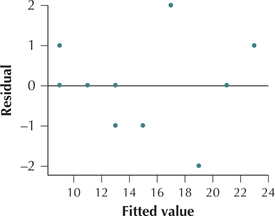 FIGURE 8 Residuals versus fitted values plot.
FIGURE 8 Residuals versus fitted values plot.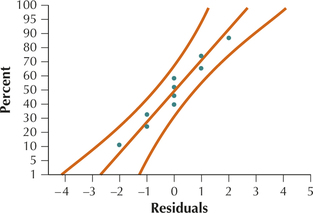 FIGURE 9 Normal probability plot of the residuals.
FIGURE 9 Normal probability plot of the residuals.The rejection rule is: reject H0 if the p-value≤ 0.01.
Step 2 Calculate tdata.
tdata = b1s/√∑(x− ˉx)2
From page 226 in Section 4.3, we have b1= 2. From Example 13 in Chapter 4 on page 228, we have
s= √128 ≈ 1.224744871
From the TI-83/84 summary statistics, we have the standard deviation of the x (time) data to be sx = 2.449489743. Thus, using the relationship we learned in Example 3:
∑(x − ˉx)2= (n − 1) · s2x = (9) 2.4494897432 = 54
Therefore,
tdata = b1s/√∑(x − ˉx)2 ≈ 21.224744871/√54 = 12
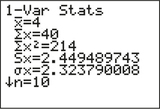 TI-83/84 summary statistics for x (time) data.
TI-83/84 summary statistics for x (time) data.Step 3 Find the p-value. For instructions, see the Step-by-Step Technology Guide on page 730. The regression results (including the p-value) for the TI-83/84, Excel, Minitab, and CrunchIt! are shown in Figures 10, 11, 12, and 13. (Differing results are due to rounding.)
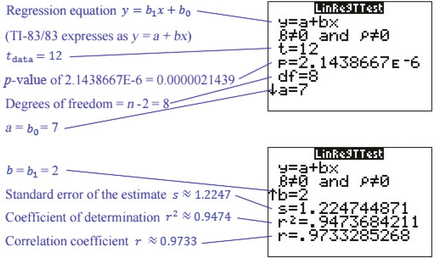 FIGURE 10 TI-83/84 regression results.Page 725
FIGURE 10 TI-83/84 regression results.Page 725 FIGURE 11 Excel regression result.
FIGURE 11 Excel regression result.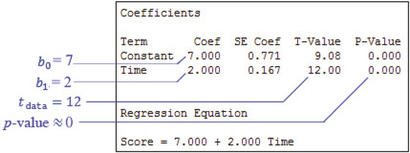 FIGURE 12 Minitab regression results.
FIGURE 12 Minitab regression results.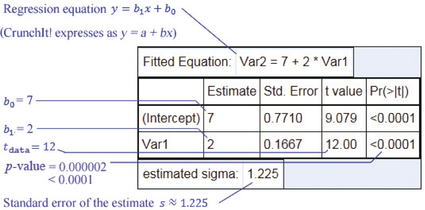 FIGURE 13 Crunchit! regression results.
FIGURE 13 Crunchit! regression results.Step 4 The p-value of about 0.000 is ≤ α = 0.01, so we reject H0. Evidence exists, at level of significance α = 0.01, for a linear relationship between time and score.
NOW YOU CAN DO
Exercises 19–22.